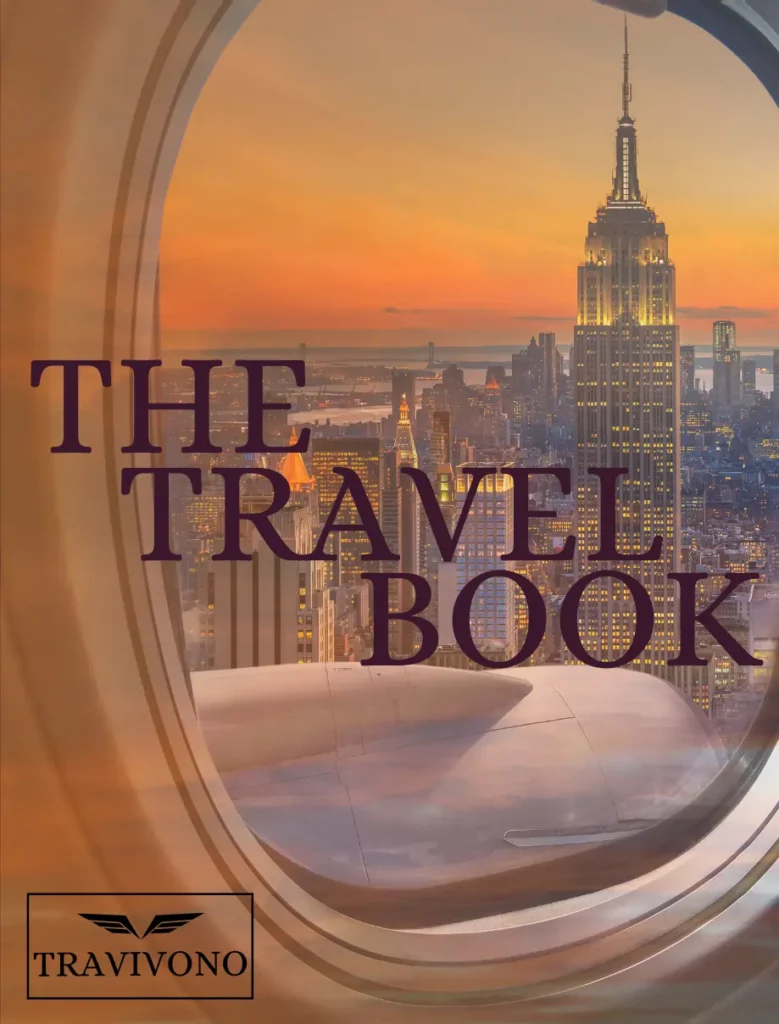Have you ever read a book that made you feel like you were exploring a faraway land without leaving your home? Travel books have the power to take us to new places, introduce us to different cultures, and even change how we see the world. They are more than just stories about adventures; they are tools that open our minds and hearts to the diversity and beauty of life.
In this blog, we’ll explore how travel books can change perspectives. From helping us understand other cultures to inspiring us to chase our dreams, these books are a powerful way to expand our worldview.
1. Travel Books Bring the World to You
For many people, traveling to distant countries is not always possible. Travel books bridge this gap by painting vivid pictures of faraway places. Through descriptive writing, readers can imagine the bustling streets of Tokyo, the serene beaches of Bali, or the colorful markets of Marrakech.
These books allow readers to experience the sights, smells, and sounds of new destinations. For example, Elizabeth Gilbert’s famous memoir Eat, Pray, Love takes readers on a journey through Italy, India, and Indonesia. Without ever boarding a plane, readers feel as if they are tasting Italian pasta, meditating in an Indian ashram, and soaking in the spirituality of Bali.
2:They Teach Us About Different Cultures
One of the most eye-opening aspects of travel books is how they teach us about cultures, traditions, and lifestyles that are different from our own. These books can help break stereotypes by showing us the reality of life in other parts of the world.
For example, in A Walk in the Woods by Bill Bryson, readers learn not just about the Appalachian Trail but also about the local communities and their connection to nature. Similarly, Chimamanda Ngozi Adichie’s The Thing Around Your Neck gives readers an authentic look into Nigerian culture and the challenges of migration.
When we understand how others live, it fosters empathy. Travel books show that while we may have differences, we are all connected by shared human experiences.
3:They Inspire Personal Growth and Courage
Travel books are not just about places—they are about people and their journeys, both external and internal. Many travel stories highlight the struggles and triumphs of the authors, inspiring readers to take on challenges in their own lives.
For instance, Cheryl Strayed’s Wild tells the story of her solo hike on the Pacific Crest Trail. Strayed not only explores breathtaking landscapes but also overcomes personal struggles, making her story a testament to resilience and self-discovery. Readers often feel encouraged to step out of their comfort zones after reading such books.
4:They Encourage Sustainable and Mindful Travel
Many travel books today emphasize the importance of traveling responsibly. They encourage readers to think about the impact of tourism on the environment and local communities.
For example, in Overbooked: The Exploding Business of Travel and Tourism, Elizabeth Becker explores the consequences of mass tourism and offers ideas for more sustainable ways to explore the world. Books like these make readers more aware of how their actions affect the places they visit.
By reading such books, we learn to appreciate the delicate balance between tourism and conservation. This can inspire us to be mindful travelers who respect nature and cultures.
5. They Help Us Dream Big
Travel books can spark a sense of adventure, even in those who have never considered traveling. By showing what’s possible, they encourage readers to dream big and think beyond their everyday routines. Whether it’s climbing Mount Everest or exploring small villages in Europe, these books inspire us to create our own bucket lists.
For example, The Alchemist by Paulo Coelho is not just a story about travel but also about following your dreams. It encourages readers to look for meaning in their own journeys and take risks to achieve their goals.
6. They Connect Us to Universal Experiences
Finally, travel books remind us that we are not so different after all. While they showcase the uniqueness of different cultures, they also highlight shared human emotions like love, loss, joy, and curiosity.
Books like Pico Iyer’s The Art of Stillness reflect on how travel isn’t just about moving physically but also about exploring our inner selves. Such books connect readers from all walks of life, proving that stories have the power to unite us.
Conclusion: A Passport to New Perspectives
Travel books are more than just entertainment—they are windows into the world. They broaden our understanding of different cultures, inspire personal growth, and remind us of our shared humanity. Whether you’re an avid traveler or someone who prefers to explore through pages, these books can transform the way you see life.
So the next time you pick up a travel book, know that you’re not just reading—you’re embarking on a journey that can change your perspective forever.

One Response
Hi, this is a comment.
To get started with moderating, editing, and deleting comments, please visit the Comments screen in the dashboard.
Commenter avatars come from Gravatar.